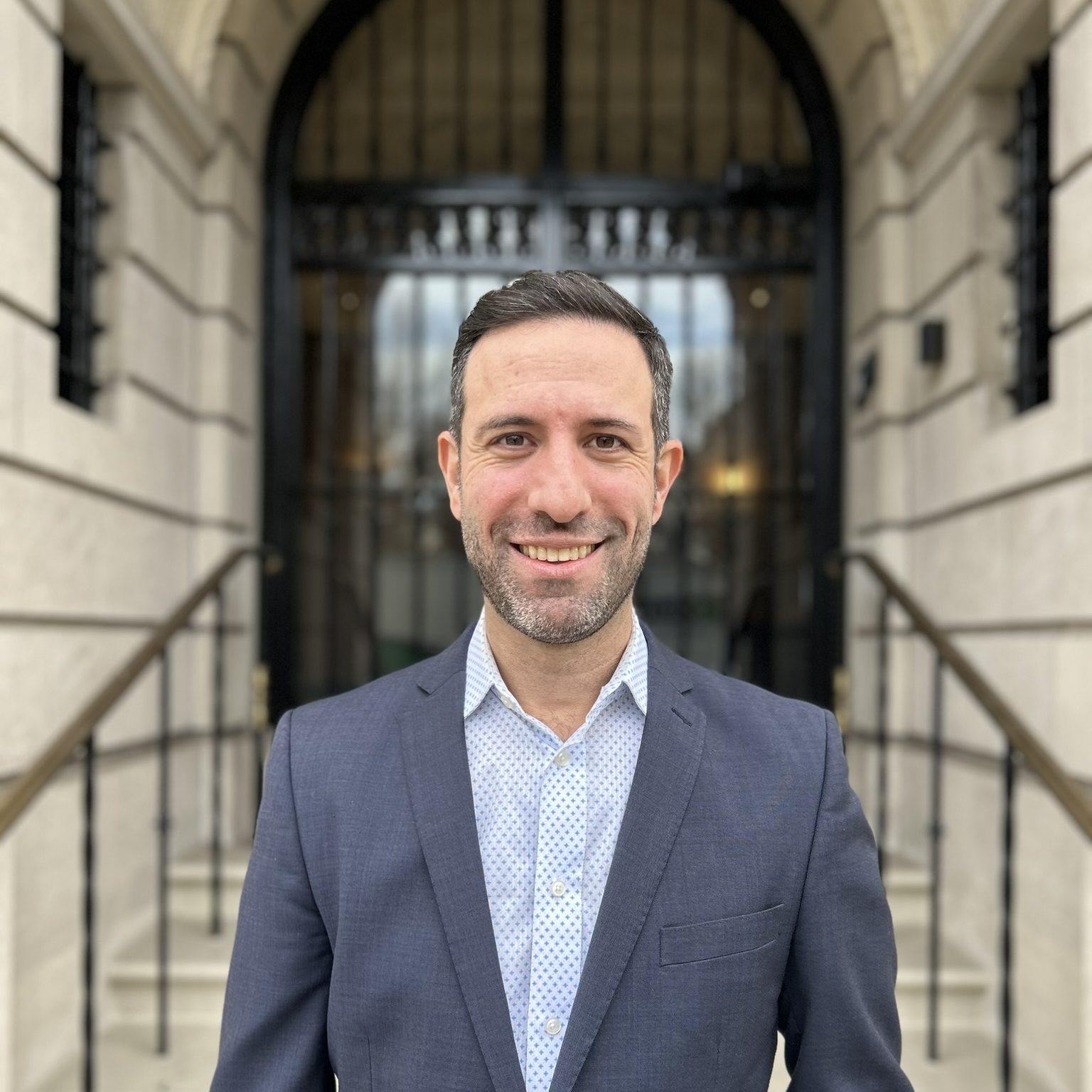After the first 100 days of the US President Biden in the office and in expectation of the upcoming NATO summit in June 2021, it is the right time to assess where the transatlantic relationship stands and especially in regard to countering two of its currently most significant geopolitical challengers: Russia and China. An intention to deal with a rise of China and Russian aggressive actions, such as a build-up of troops on Ukrainian borders or disinformation campaigns and cyber-attacks, can be observed on all “fronts”—in the NATO 2030 agenda, in Biden´s and the EU´s rhetoric and actions. Considering the wide reach of these challengers to Western democracy, its values, and its markets, NATO leaders will need to present and uphold an effective coordinated policy for the upcoming years. This all needs to take place in consideration of having to recover from the global COVID-19 pandemic, which will likely negatively influence member states’ defense expenditure, and its devastating consequences on health, economic, social, and other sectors; battling other challenges such as climate change; but also in respect to the EU´s continuous talks about its strategic autonomy.
Deputy Director David Salvo joined other experts on NATO and transatlantic security from both sides of the Atlantic to discuss the current state of EU-U.S. relations, NATO challengers, and the security threat posed by Russia and China. What works effectively in facing these global challengers to our security? How can NATO help deter them? How can we correctly address China´s BRI or 17+1 initiatives, the build-up of the Nordstream 2 pipeline, and Russian military exercises on Eastern European borders? Lastly, the panelists discussed where European strategic autonomy and establishment of the so-called European strategic compass stand in the process of creating a common transatlantic approach to Russian and Chinese threats.

